Where is the End of the Universe?
The universe is a vast and mysterious place that has fascinated humans since the dawn of time. It is something that we can observe with our telescopes, but we cannot touch or feel it. Scientists have been studying the universe for centuries, and they have made many discoveries about the stars, planets, and other celestial bodies that exist out there. However, one question remains a mystery- where is the end of the universe?

To answer this question, we must first understand what the universe is. The universe is everything that exists- from the smallest particles to the largest galaxies. It is a vast expanse of space and time that stretches out in all directions, expanding constantly since the Big Bang. Scientists have estimated that the universe is approximately 13.8 billion years old and is currently expanding at a rate of 68 kilometers per second per megaparsec.
The observable universe is the part of the universe that we can see from Earth. It is estimated to be around 93 billion light-years in diameter, which means that light from the edge of the observable universe takes 93 billion years to reach us. However, the universe may be much larger than the observable universe, and we cannot see beyond it. The part of the universe that we cannot see is called the unobservable universe or the cosmic microwave background.
So, where is the end of the universe? The short answer is that we don't know. Scientists have several theories about the end of the universe, but none of them have been proven yet. One of the most widely accepted theories is the Big Freeze theory. This theory suggests that the universe will continue to expand at an accelerated rate, and eventually, all the stars and galaxies will move away from each other to the point where they cannot interact. As a result, there will be no heat, light, or matter left in the universe, and it will become cold and dark- a state of ultimate entropy.
Another theory is the Big Crunch theory, which proposes that the universe will eventually stop expanding and start contracting. As the universe contracts, the stars and galaxies will begin to collide and merge, creating a massive explosion that will destroy everything in the universe. This theory is similar to the Big Bang theory, as it suggests that the universe began with an explosion and will end with one.
There is also a theory called the Big Rip theory, which suggests that the expansion of the universe will accelerate to the point where it tears apart all matter, including atoms. This theory proposes that the universe will end in a sudden and violent manner, where everything will be destroyed.
In conclusion, the question of where the end of the universe lies is still a mystery that scientists continue to investigate. There are several theories, but none of them have been proven yet. However, as our understanding of the universe and its workings expands, we may be able to answer this question in the future. The universe holds many secrets, and each discovery brings us one step closer to understanding the vastness and complexity of this infinite expanse beyond us.

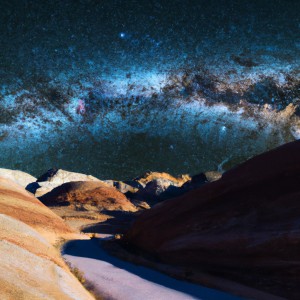
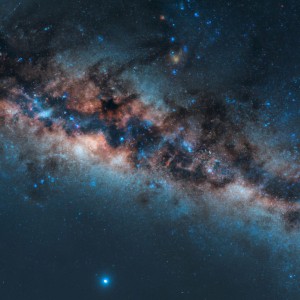



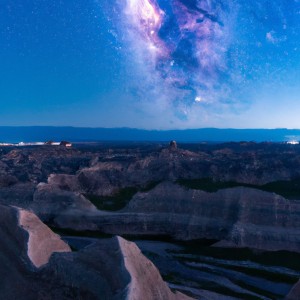


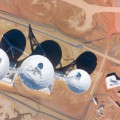
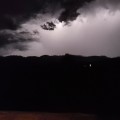


评论